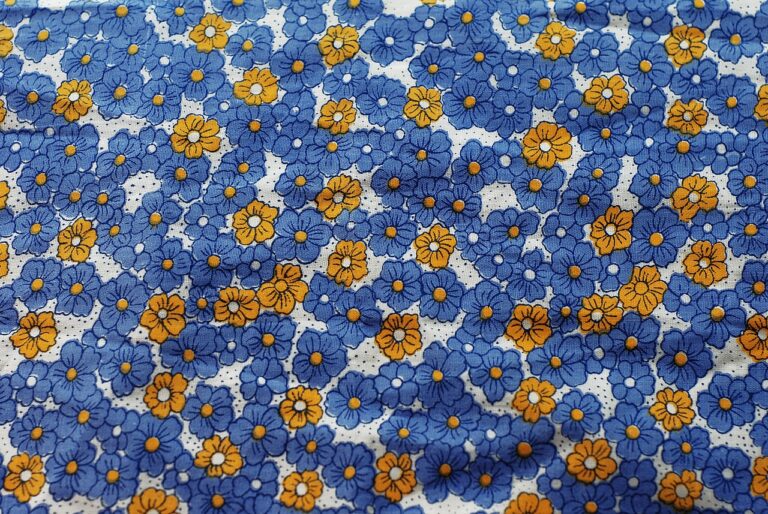The Rise of Sustainable Fashion: How Eco-Friendly Brands are Shaping the Industry
Sustainable fashion has gained significant momentum in recent years, with more and more brands embracing eco-friendly practices to reduce their environmental footprint. From using organic and recycled materials to implementing ethical production processes, the fashion industry is witnessing a shift towards greater sustainability and responsibility.
Consumers are becoming increasingly conscious of the impact of their purchasing decisions, driving the demand for sustainable fashion products. This shift in consumer behavior is prompting brands to rethink their strategies and prioritize environmental and social considerations in their business models. As sustainability continues to be a growing trend in the industry, it is clear that the future of fashion lies in adopting more eco-friendly practices.
The Impact of Eco-Friendly Practices on Fashion Brands
As fashion brands increasingly embrace eco-friendly practices, their overall reputation and consumer appeal have witnessed a significant boost. Companies that prioritize sustainability in their production processes and supply chains tend to resonate more with environmentally conscious consumers. This shift towards ethical and eco-conscious fashion has also led to increased brand loyalty and positive brand perception among a wider audience.
Moreover, implementing eco-friendly practices not only benefits the environment but also contributes to the financial success of fashion brands. Reduced carbon footprint, lower water usage, and minimized waste generation lead to cost savings in the long run. Additionally, brands that adopt sustainable practices often attract investors who are looking to support companies that prioritize social responsibility and environmental stewardship.
Innovations in Sustainable Materials and Production Techniques
Sustainable materials such as organic cotton, Tencel, and recycled polyester are gaining popularity in the fashion industry. Brands are increasingly incorporating these materials into their collections to reduce their environmental impact. By opting for eco-friendly alternatives, fashion brands are not only promoting sustainability but also setting a new standard for the industry.
In terms of production techniques, advancements in technology have enabled the development of innovative processes that minimize waste and energy consumption. Techniques like 3D knitting, digital printing, and waterless dyeing are revolutionizing the way garments are manufactured. These sustainable production methods not only benefit the environment but also improve the overall quality and longevity of the products.
• Sustainable materials such as organic cotton, Tencel, and recycled polyester are gaining popularity in the fashion industry.
• Brands are increasingly incorporating these materials into their collections to reduce their environmental impact.
• By opting for eco-friendly alternatives, fashion brands are not only promoting sustainability but also setting a new standard for the industry.
• Advancements in technology have enabled the development of innovative production techniques that minimize waste and energy consumption.
• Techniques like 3D knitting, digital printing, and waterless dyeing are revolutionizing the way garments are manufactured.
• These sustainable production methods benefit the environment and improve the overall quality and longevity of products.
What is sustainable fashion?
Sustainable fashion refers to clothing and accessories that are produced in an environmentally and socially responsible manner, taking into consideration the impact on the planet and people.
Why is sustainable fashion becoming a growing trend in the industry?
Consumers are becoming more conscious about the environmental and ethical implications of their purchasing decisions, leading to an increased demand for sustainable fashion options.
How do eco-friendly practices impact fashion brands?
Implementing eco-friendly practices can improve a brand’s reputation, attract environmentally conscious consumers, and help reduce the fashion industry’s overall environmental footprint.
What are some innovations in sustainable materials and production techniques?
Innovations in sustainable fashion include using organic and recycled materials, implementing water-saving dyeing processes, and adopting circular production models to reduce waste.







